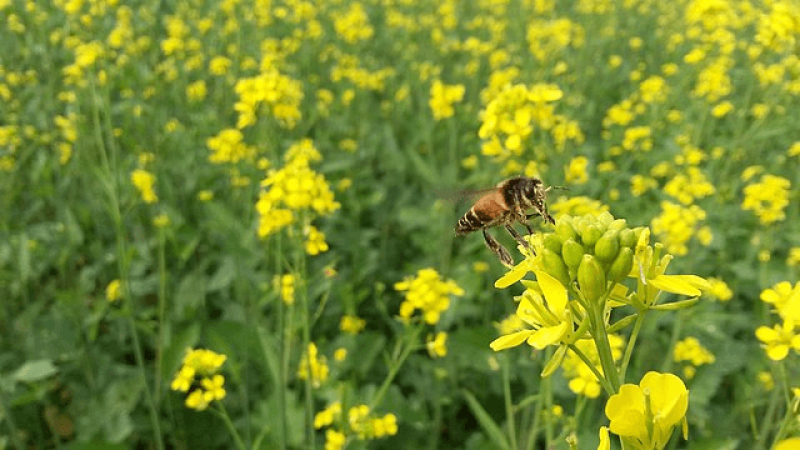India faces a major deficit in edible oils, with 60% of its demand being met by imports. Mustard is one of the most important edible oil crops in India; however, its per hectare yield is very low when compared to the global average. Thus, increasing the productivity of mustard in the country is vital for the economic well-being of farmers and self-sufficiency in edible oil production.
Using genetic engineering, extensive research has been carried out at the Centre for Genetic Manipulation of Crop Plants (CGMCP), University of Delhi South Campus, to create a GM mustard hybrid, DMH-11 with higher vigour and yield — this will facilitate an increase in domestic production of edible oils as well as enhanced farm incomes.
This advancement will benefit farmers by increasing yield per hectare, also leading to an increase in their incomes. The domestic consumption of edible oils is around 25 million tonnes, while the domestic production of mustard oil was approximately 8.5 million tonnes in the year 2020-21. India’s edible oil imports were approximately 13 million tonnes, which touched ₹1.17 lakh crore in value terms. Cultivation of these GM mustard hybrids developed indigenously could help enhance farmers’ income, reduce the oil-import burden and help achieve much-needed self-reliance in edible oil production.































